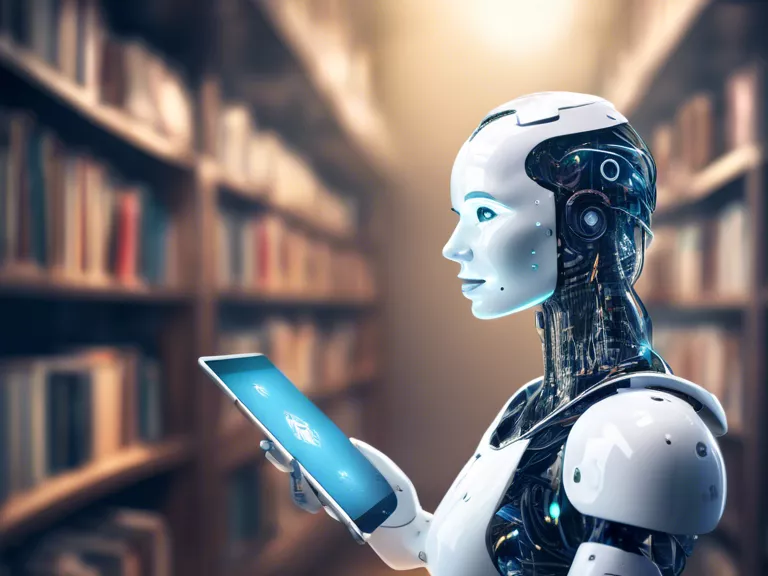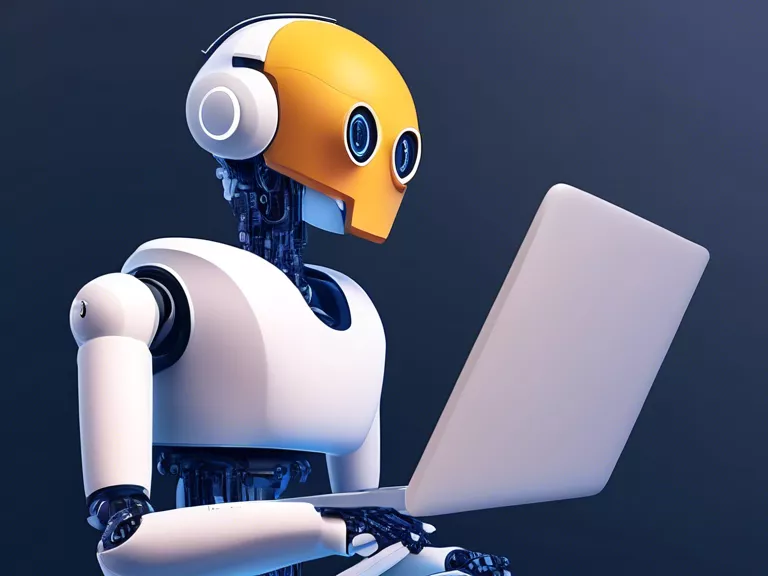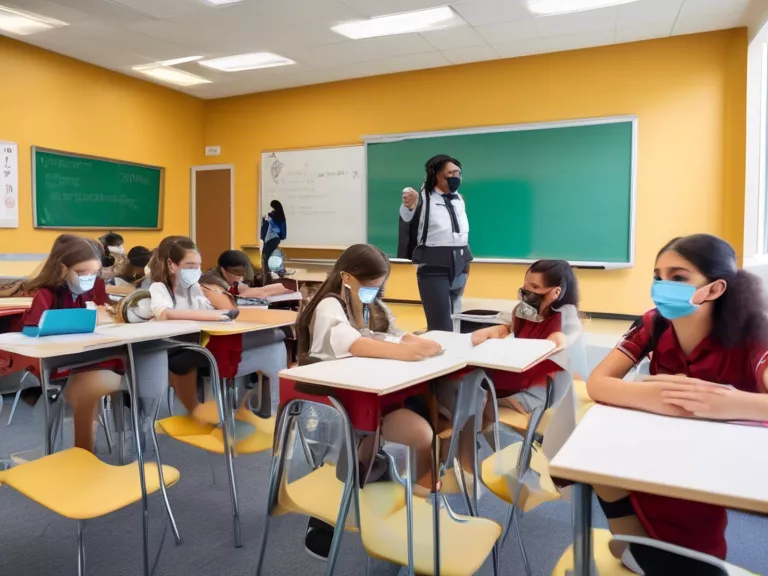
AI has already started to revolutionize the higher education sector, and the future looks even more promising. With the implementation of personalized curriculum and adaptive testing, students can benefit from a tailored learning experience that suits their individual needs. This article explores the potential impact of AI in higher education, focusing on how personalized curriculum and adaptive testing can enhance the learning process for students.
Personalized curriculum is a key aspect of AI in higher education. By analyzing student data such as learning styles, strengths, and weaknesses, AI algorithms can create customized learning paths for each student. This can help students learn at their own pace and focus on areas where they need the most improvement. Personalized curriculum also allows educators to track student progress more effectively and provide targeted support when needed.
Adaptive testing is another important application of AI in higher education. Traditional standardized tests can be a one-size-fits-all approach that may not accurately assess a student's true abilities. Adaptive testing, on the other hand, adjusts the difficulty of questions based on the student's responses. This ensures that each student is challenged at an appropriate level and provides a more accurate measure of their knowledge and skills.
The combination of personalized curriculum and adaptive testing can lead to more efficient and effective learning outcomes for students. With AI-powered tools, educators can better understand their students' needs and provide targeted support to help them succeed. Students can also benefit from a more engaging and interactive learning experience that is tailored to their individual preferences.
In conclusion, the future of AI in higher education looks bright with the introduction of personalized curriculum and adaptive testing. By leveraging the power of AI technologies, educators can create a more tailored learning experience for students and improve overall academic performance. As AI continues to evolve, the possibilities for enhancing the education sector are endless.



